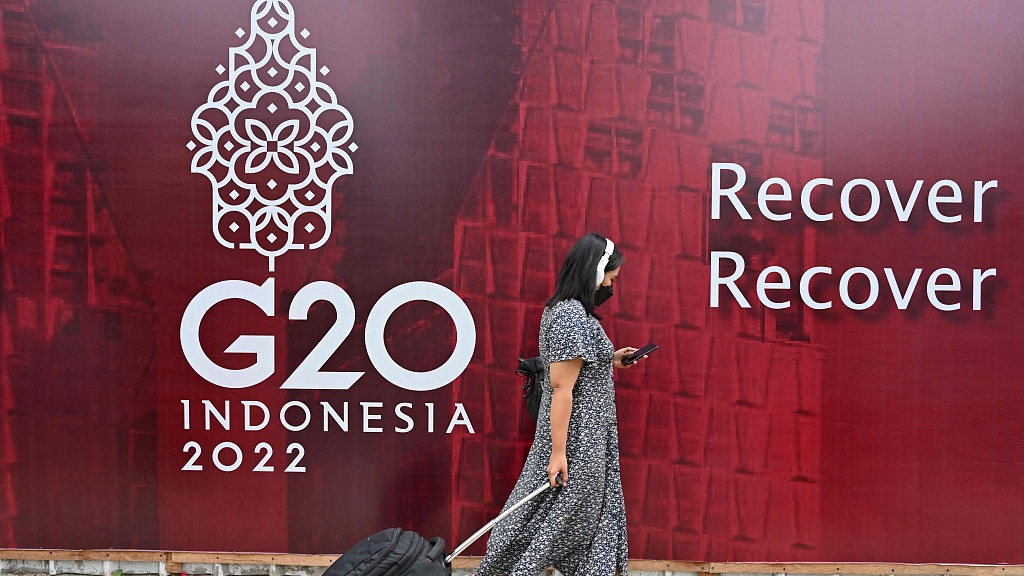CAIRO, May 20 (Xinhua) — Leaders across Middle Eastern countries on Monday offered their condolences to Iran over the deaths of President Ebrahim Raisi, Foreign Minister Hossein Amir-Abdollahian, and members of the accompanying team in a helicopter crash a day earlier.
Arab League Secretary-General Ahmed Aboul-Gheit said on his X account that “I offer my condolences to the Iranian people on the death of Raisi, Amir-Abdollahian, and other officials following the tragic plane accident.”
Secretary General of the Gulf Cooperation Council Jasem Mohamed Albudaiwi expressed condolences, emphasizing the council’s solidarity with the Iranian government and people in the hard times, reported the official Saudi Press Agency (SPA).
Saudi King Salman bin Abdulaziz Al Saud and Saudi Crown Prince and Prime Minister Mohammed bin Salman Al Saud sent condolences to Iran’s First Vice President Mohammad Mokhber on the deaths of Raisi and some members of his accompanying delegation, said a statement carried by SPA.
Türkiye “stands by Iran in these painful days” and “shares grief of Iranian people,” Turkish President Recep Tayyip Erdogan told Mokhber in a phone call on Monday, Erdogan’s office said in a statement.
Egyptian President Abdel-Fattah al-Sisi extended his sincere condolences to the people of Iran, expressing the solidarity of Egypt with the leadership and people of Iran during this tragic time, the Egyptian Presidency said in a statement.
President of the United Arab Emirates Sheikh Mohamed bin Zayed Al Nahyan expressed in a message “sincere condolences and deep sympathy to Iran, its leadership and people over the painful accident,” saying his country “stands in solidarity with Iran at this difficult time.”
Syrian President Bashar al-Assad, in a message, highlighted Syria’s solidarity with Iran and the families of the deceased, expressing his commitment to continuing the work initiated by Raisi to benefit both nations.
Algerian President Abdelmadjid Tebboune expressed his “deep sorrow and solidarity” with the Iranian people during “this difficult time,” lamenting “the loss of my brother and partner Ebrahim Raisi, with whom I was united in serving the bonds of brotherhood, cooperation, and solidarity between our two countries and peoples, and in supporting just causes.”
Chairman of Sudan’s Transitional Sovereign Council Abdel Fattah Al-Burhan on Monday eulogized Raisi, Amir-Abdollahian, and those who died in a helicopter crash, the sovereign council said in a statement.
In addition, King Abdullah II of Jordan, Iraqi President Abdul Latif Rashid, Tunisia’s Presidency, the Libyan Foreign Ministry as well as Lebanese Ministry of Foreign Affairs and Emigrants also extended condolences to the Iranian government and people.
The crash occurred on Sunday in Iran’s Varzaqan County as Raisi, along with his accompanying team on board three helicopters, was on his way from Khoda Afarin County, where he attended the inauguration ceremony of a storage dam with his Azerbaijani counterpart Ilham Aliyev earlier in the day, to the provincial capital Tabriz for the inauguration of a petrochemical complex.
The other members onboard Raisi’s helicopter, including East Azerbaijan’s Governor Malek Rahmati, Iran’s Supreme Leader Ali Khamenei’s Representative to East Azerbaijan Mohammad Ali Ale-Hashem, Raisi’s bodyguard, as well as the flight crew, also lost their lives.
Source(s): Xinhua

 News5 days ago
News5 days ago
 News4 days ago
News4 days ago
 World5 days ago
World5 days ago
 World5 days ago
World5 days ago
 Sports3 days ago
Sports3 days ago
 News3 days ago
News3 days ago
 News5 days ago
News5 days ago
 Travel & Culture5 days ago
Travel & Culture5 days ago


















